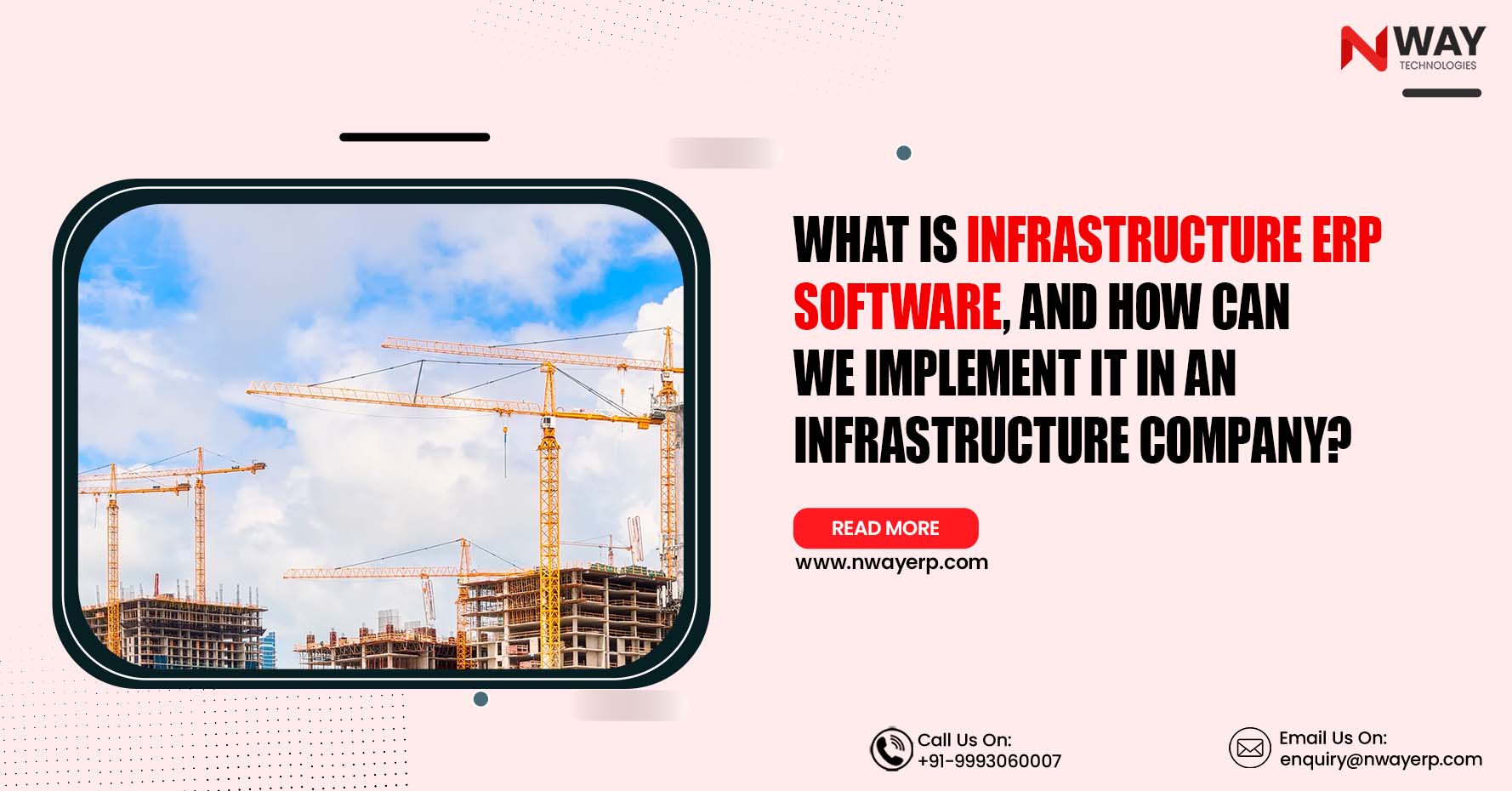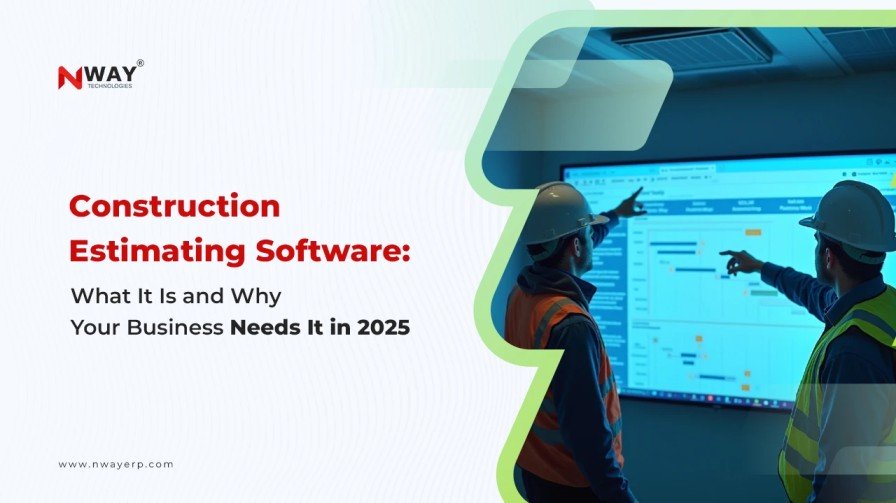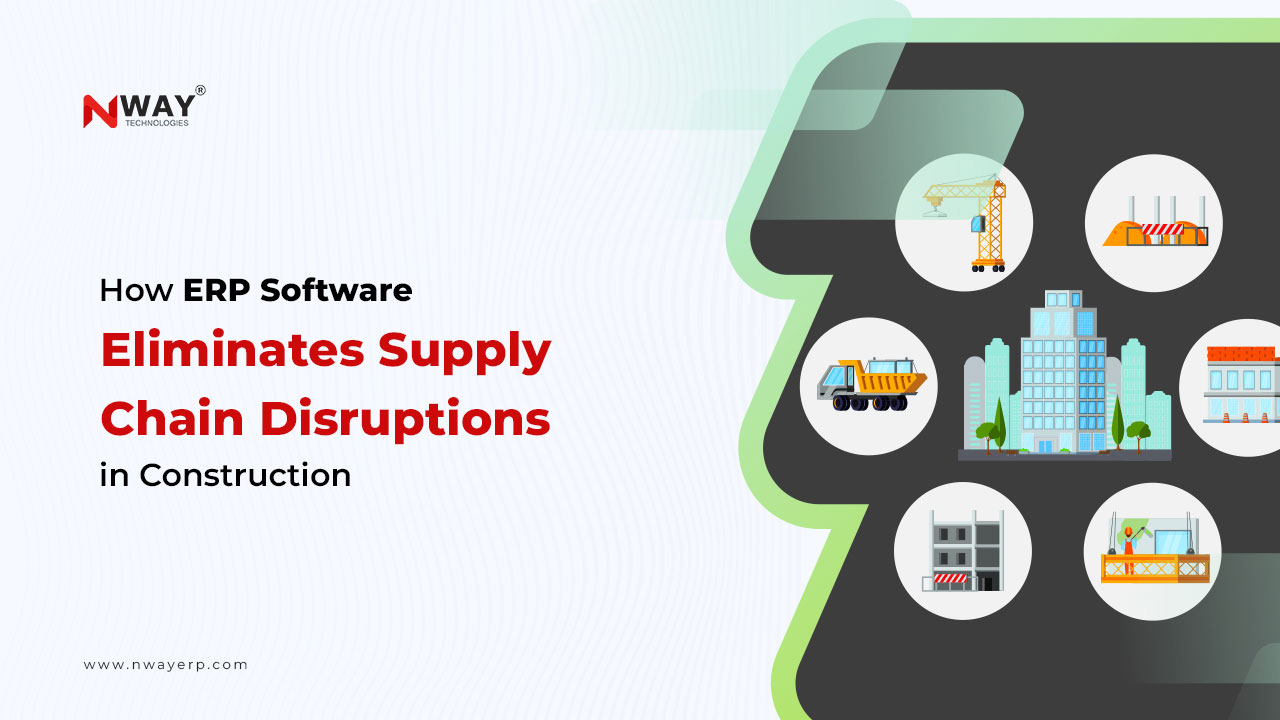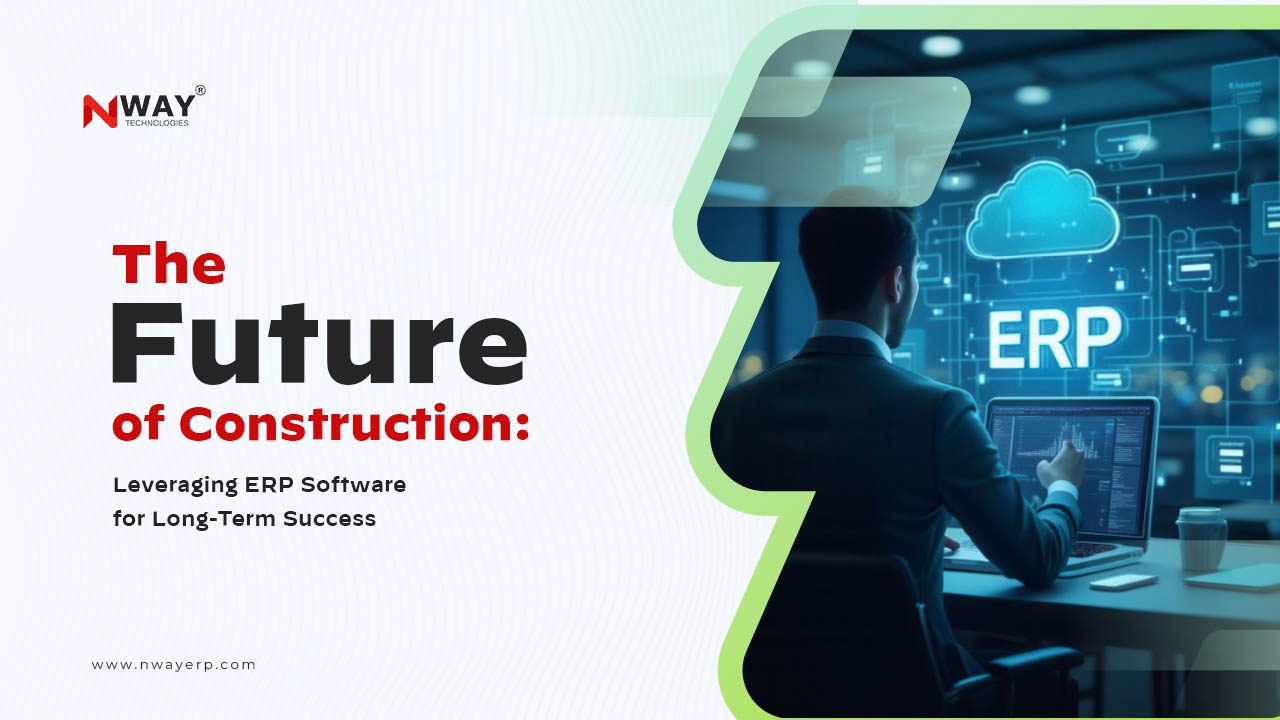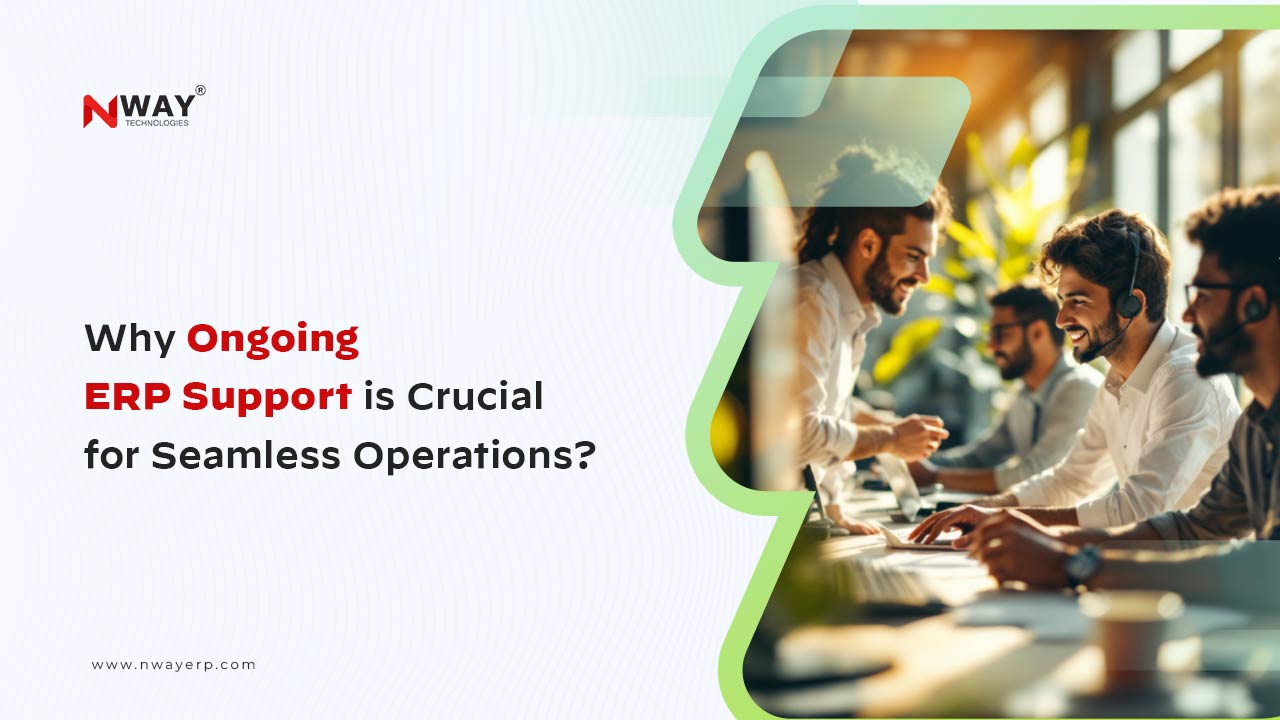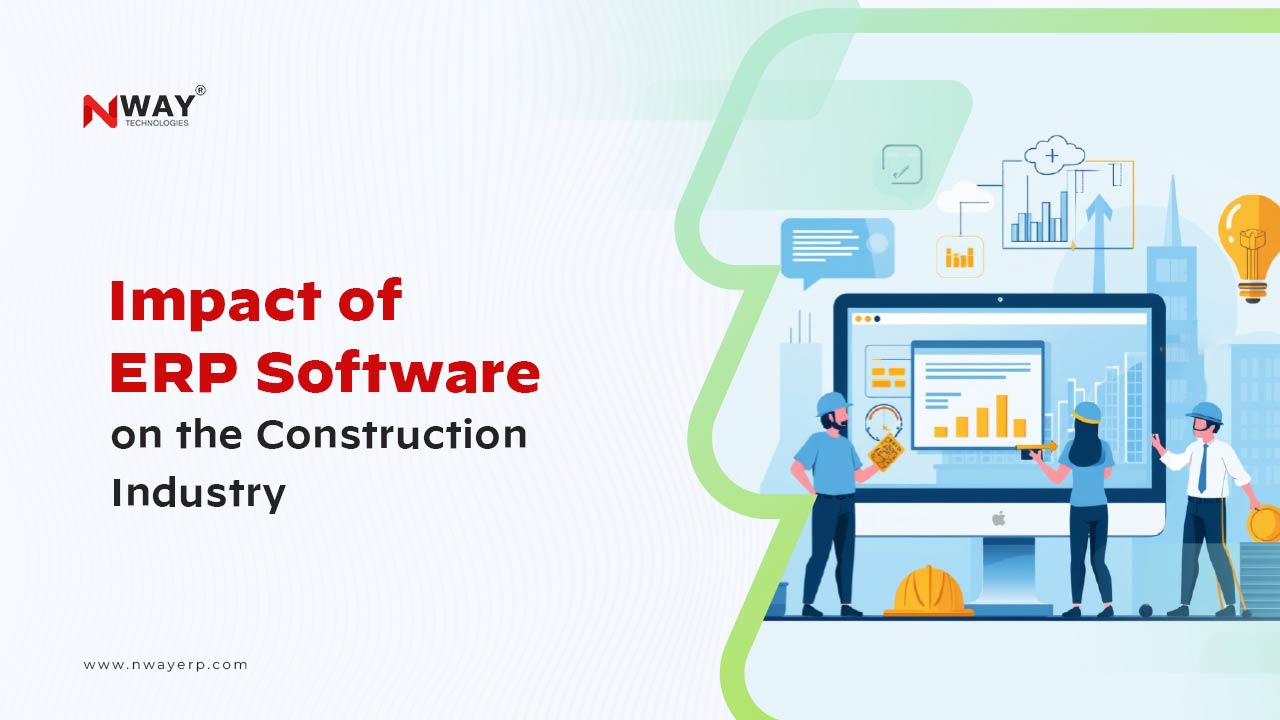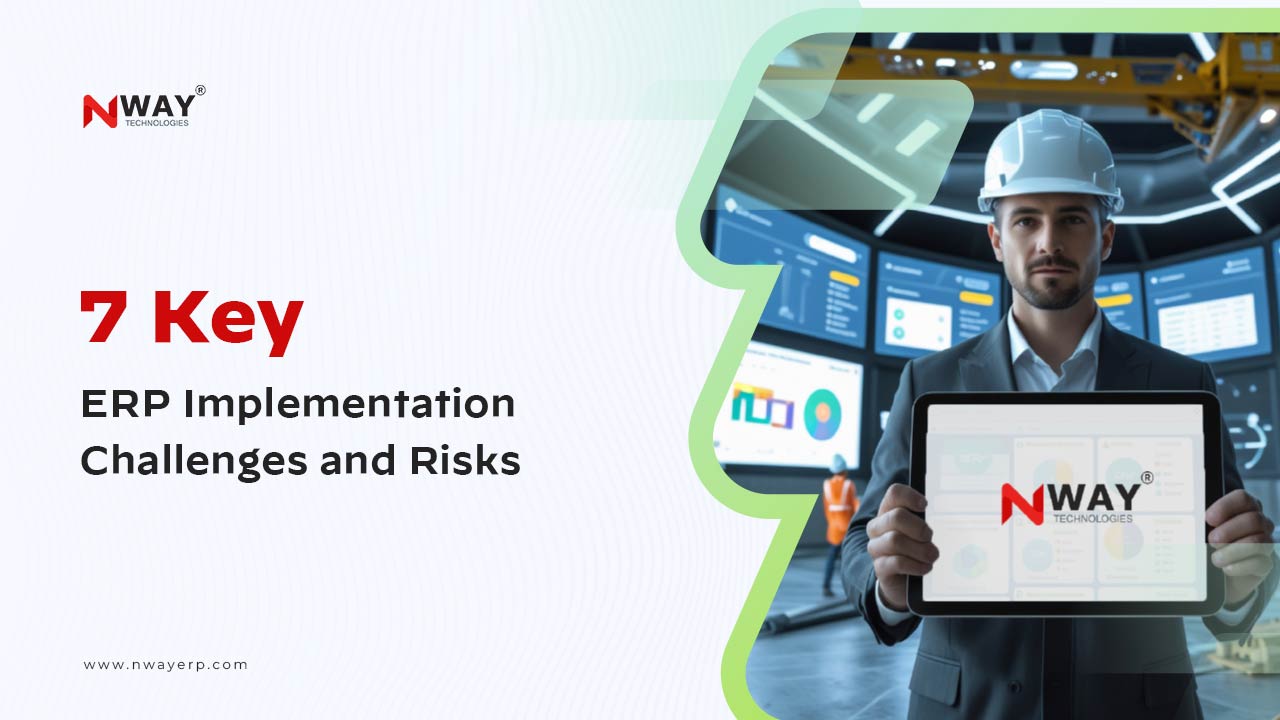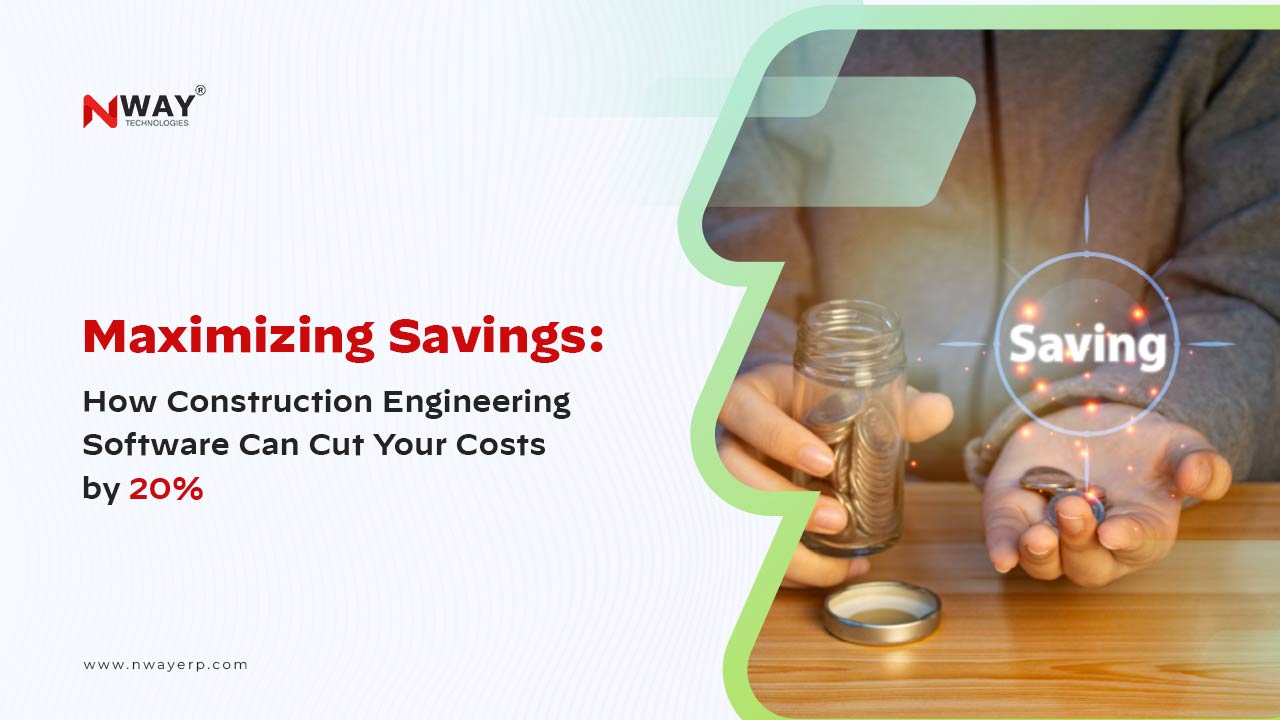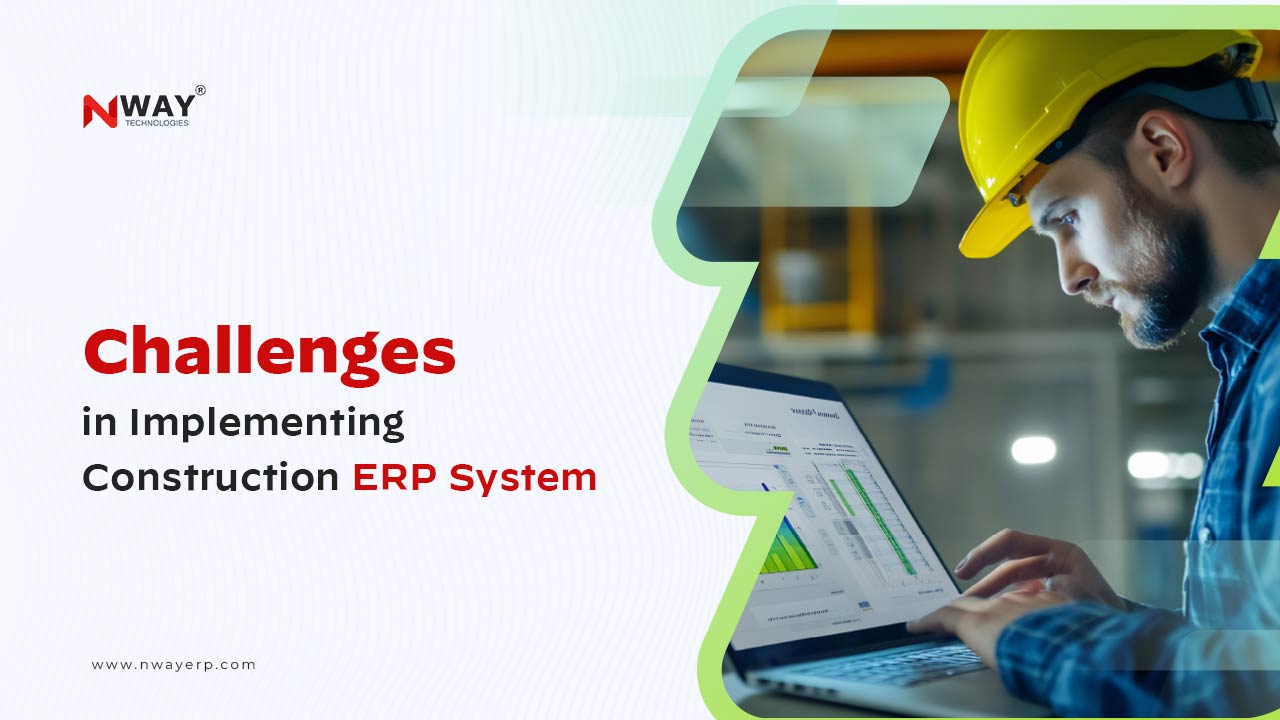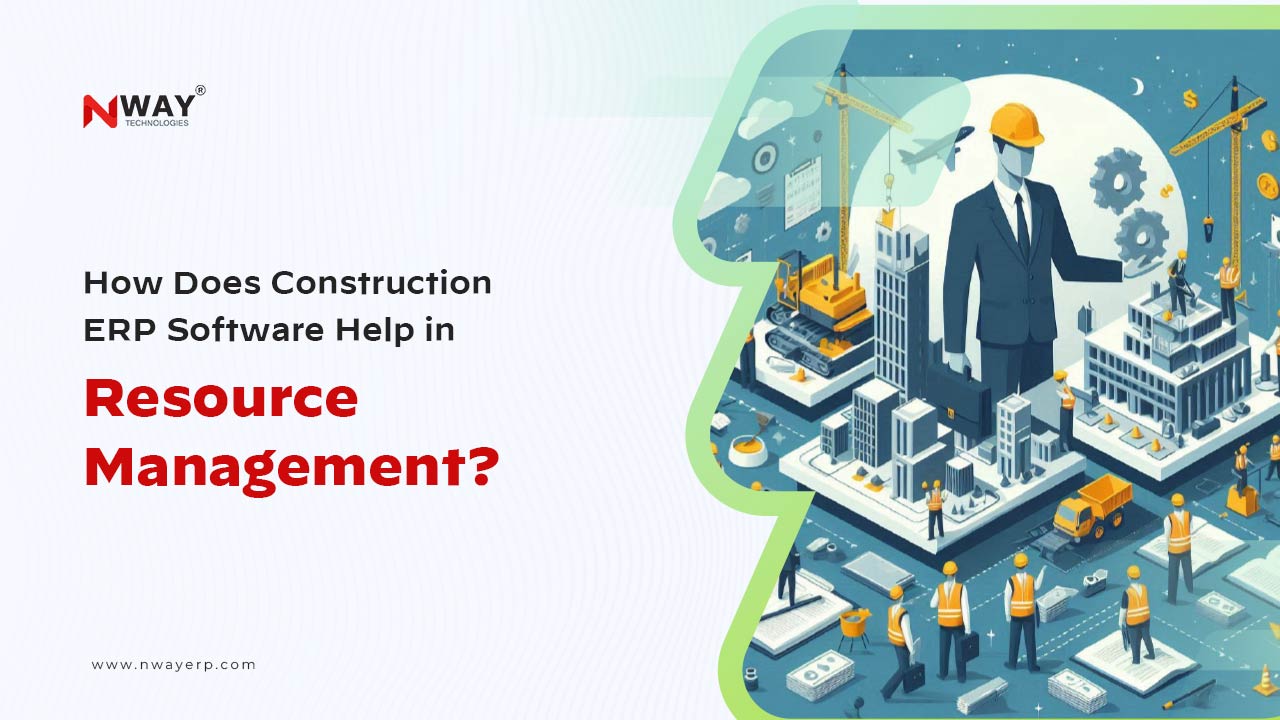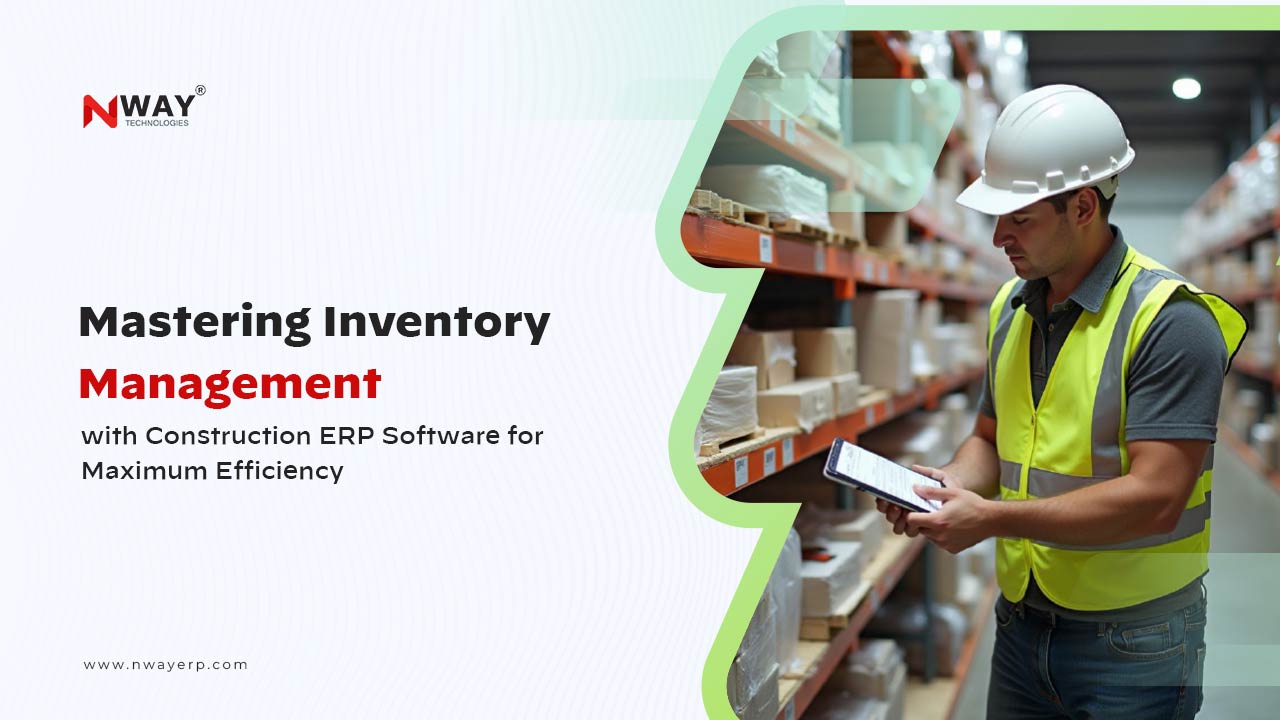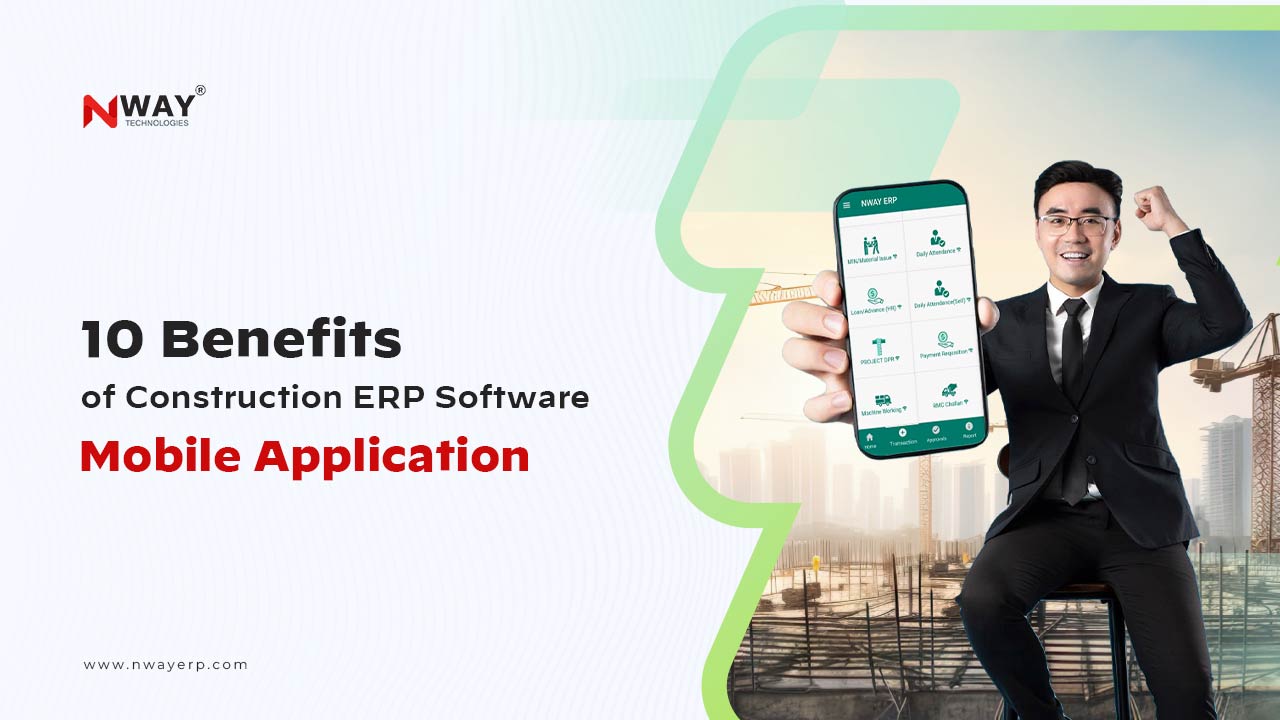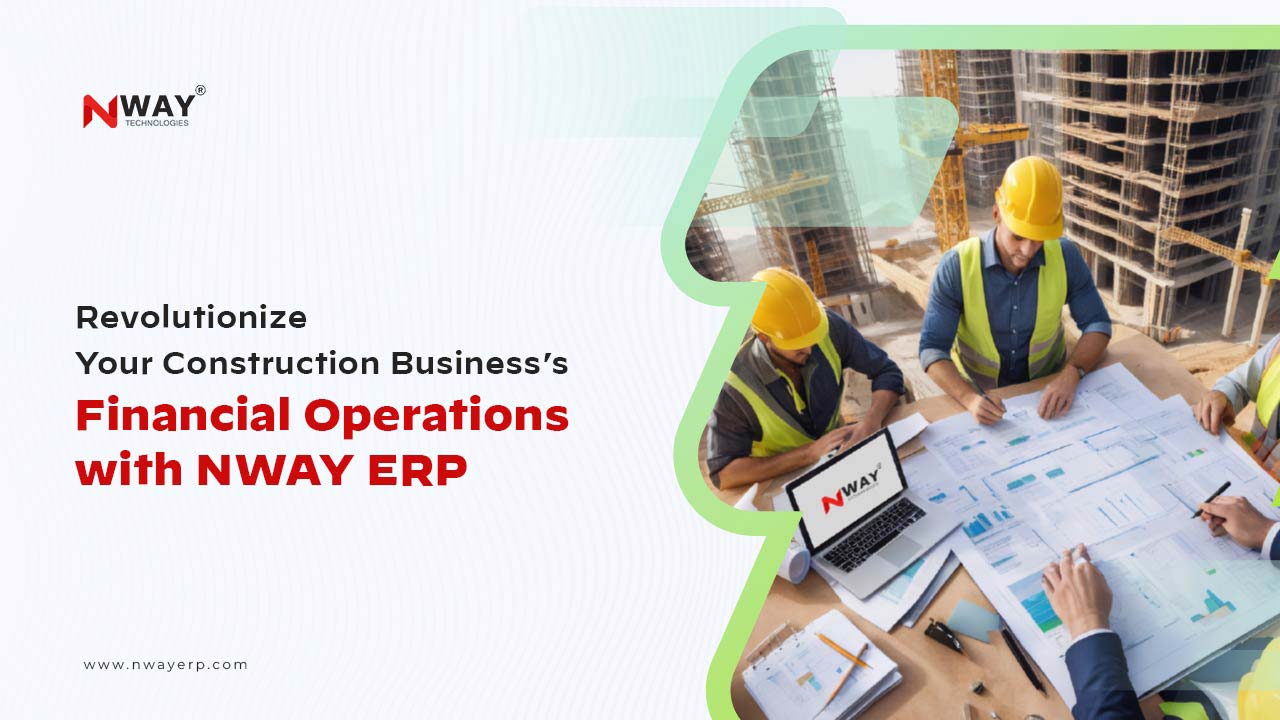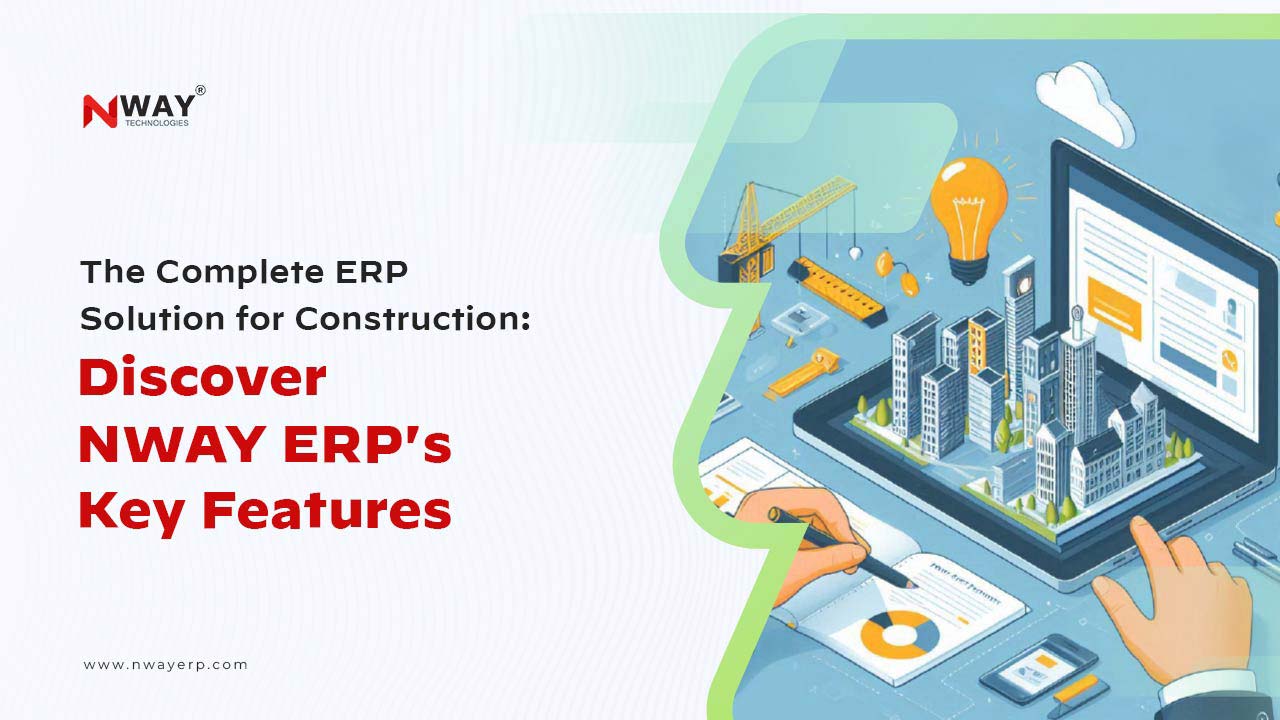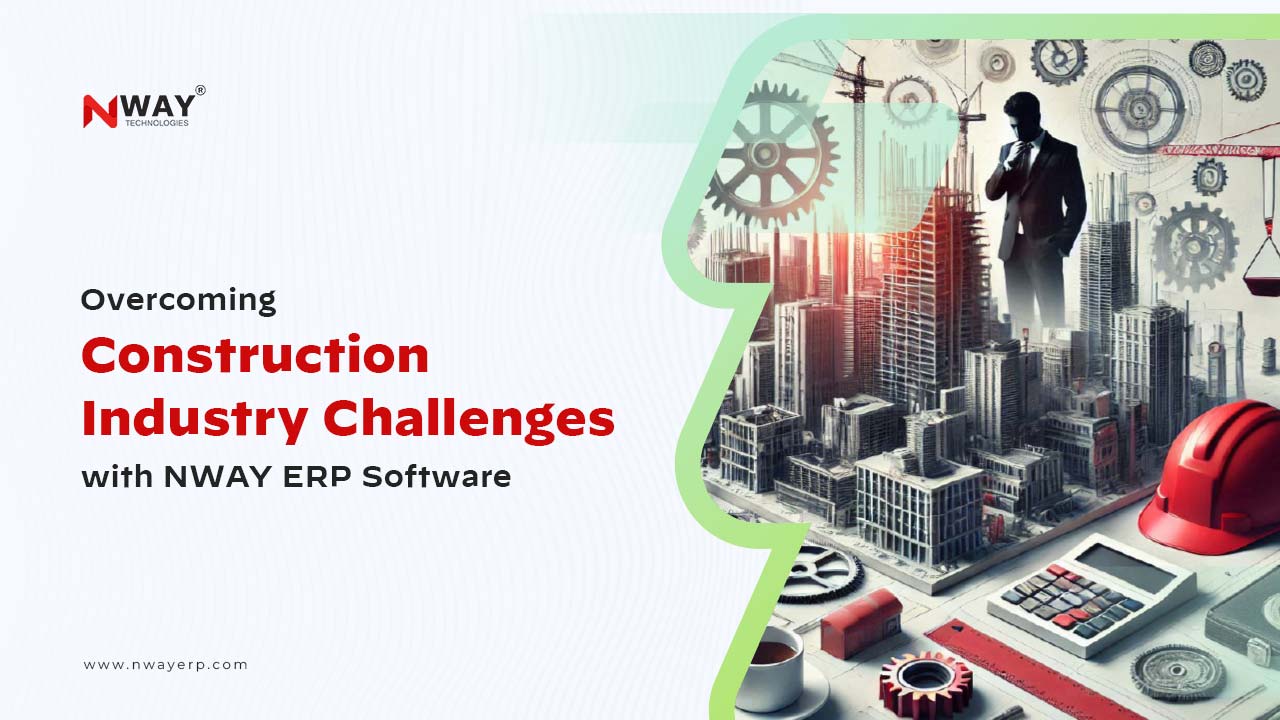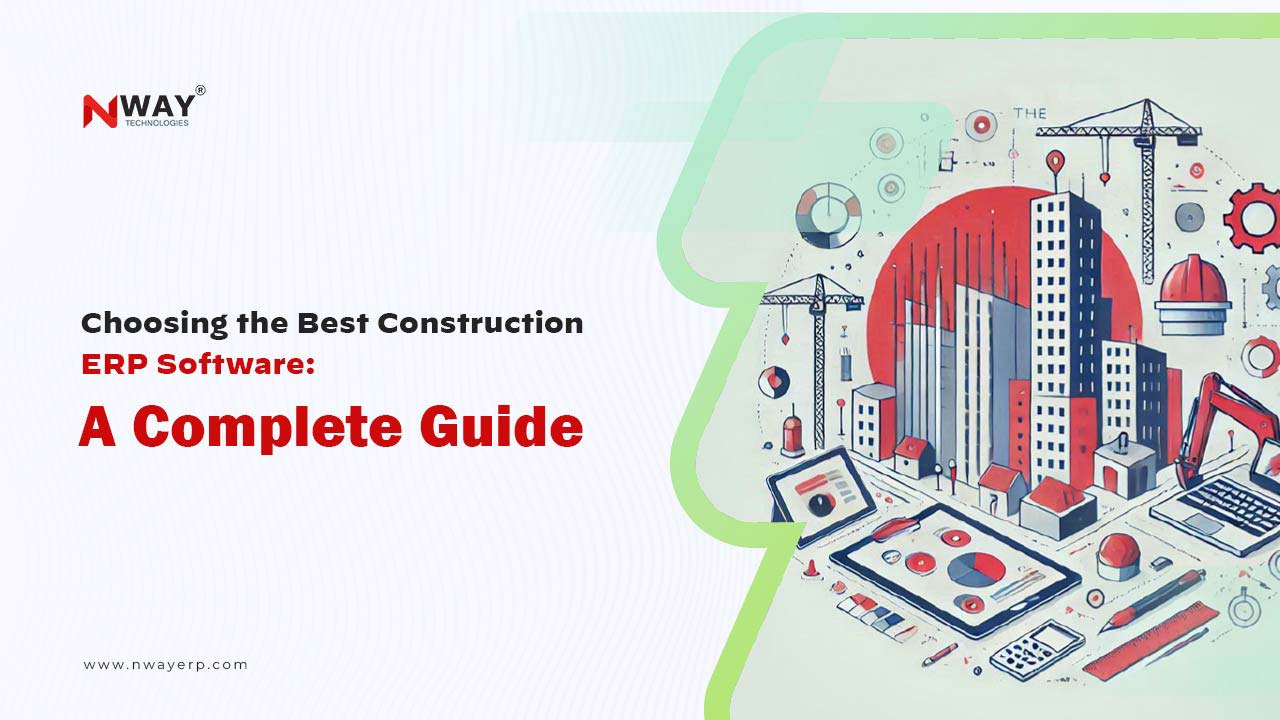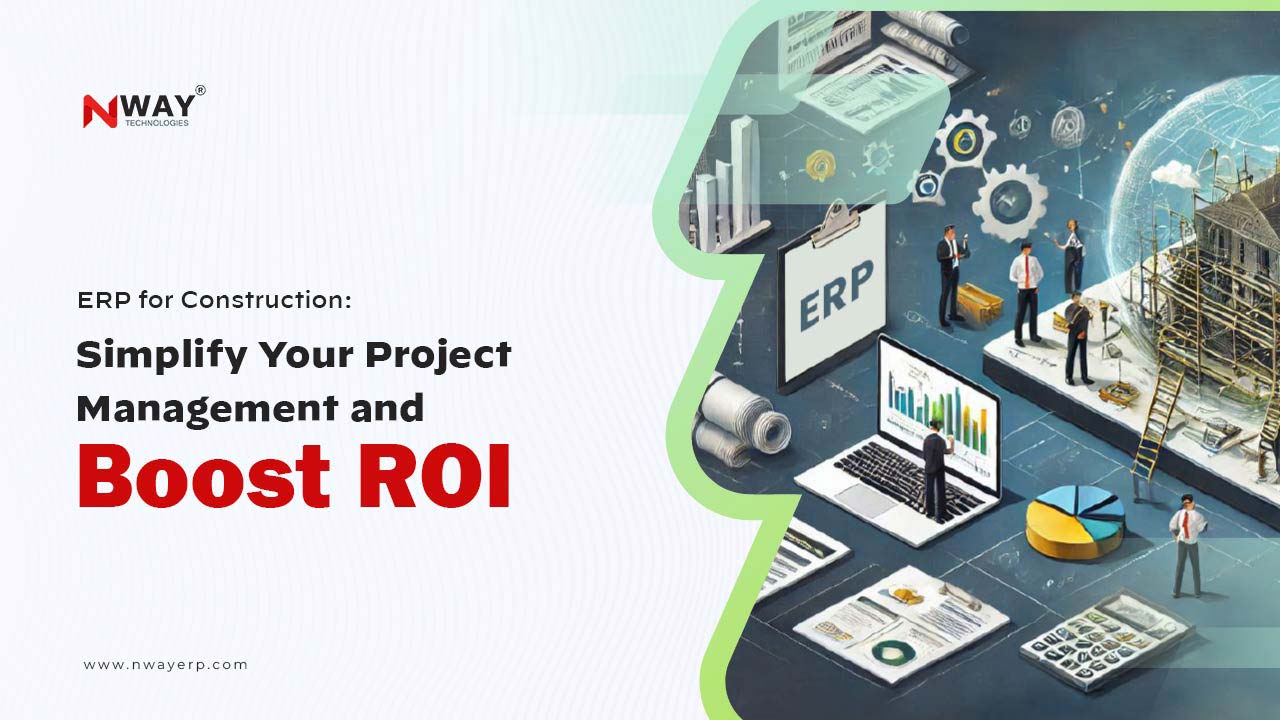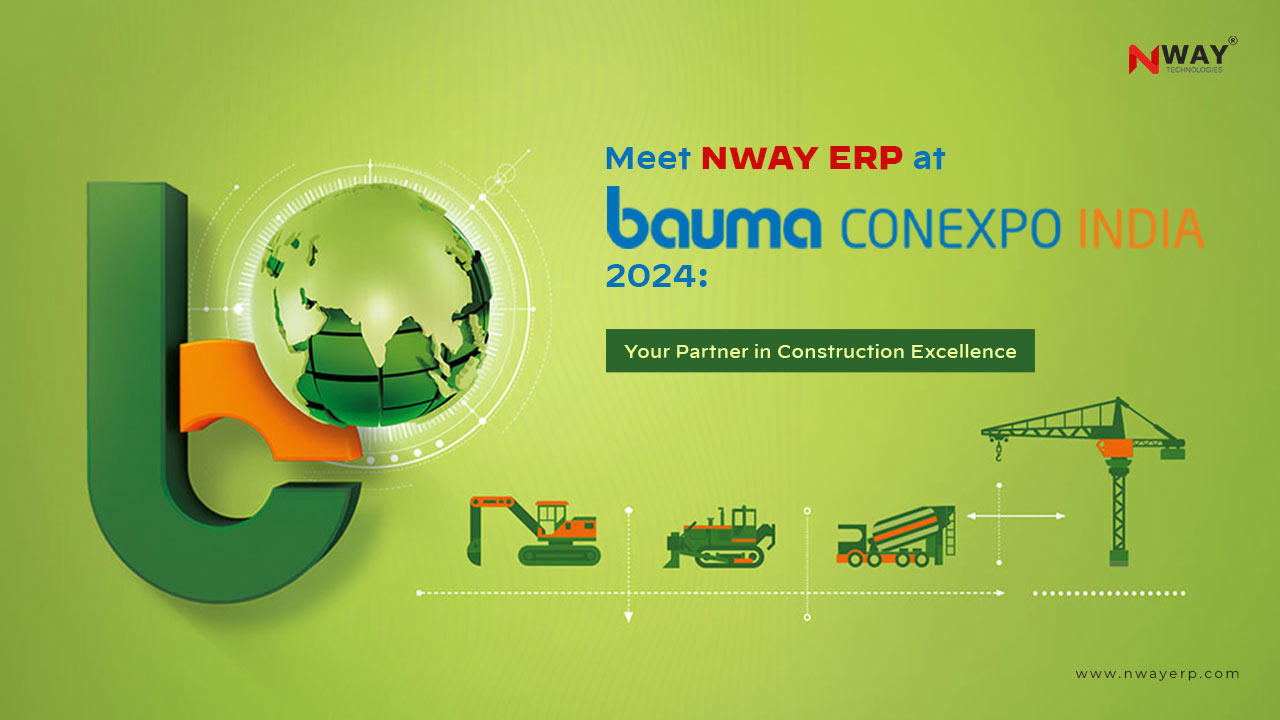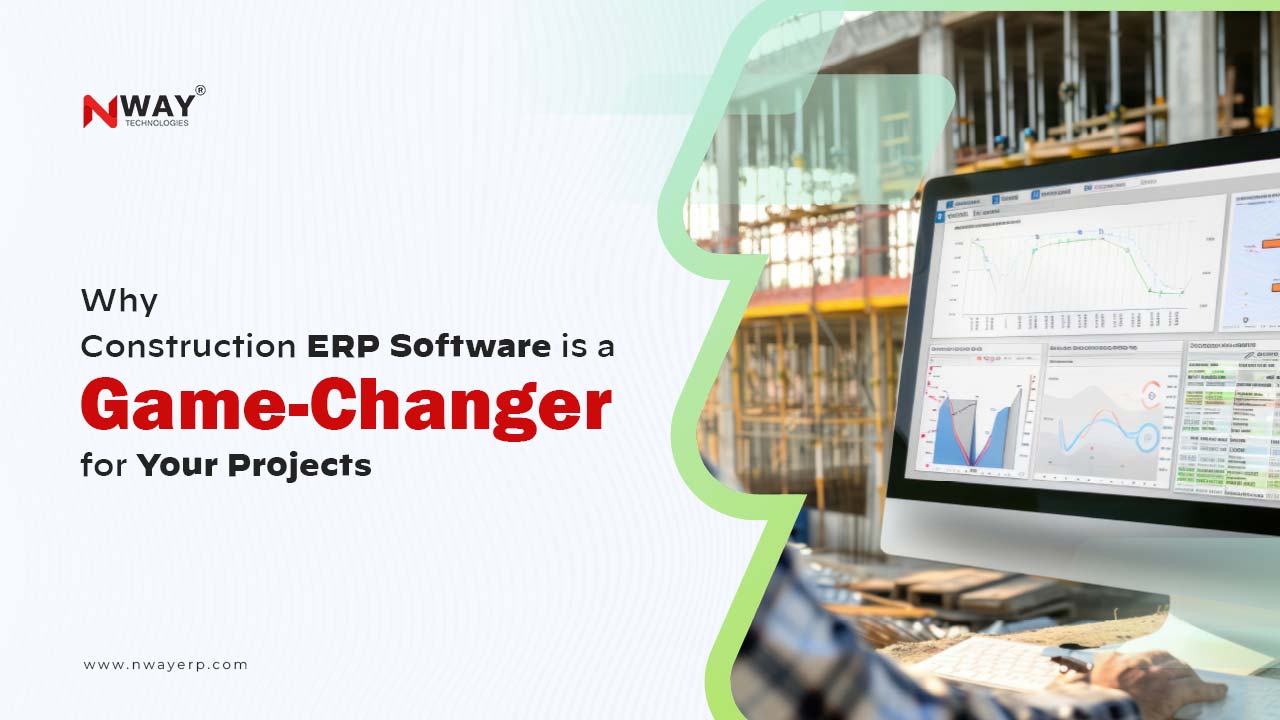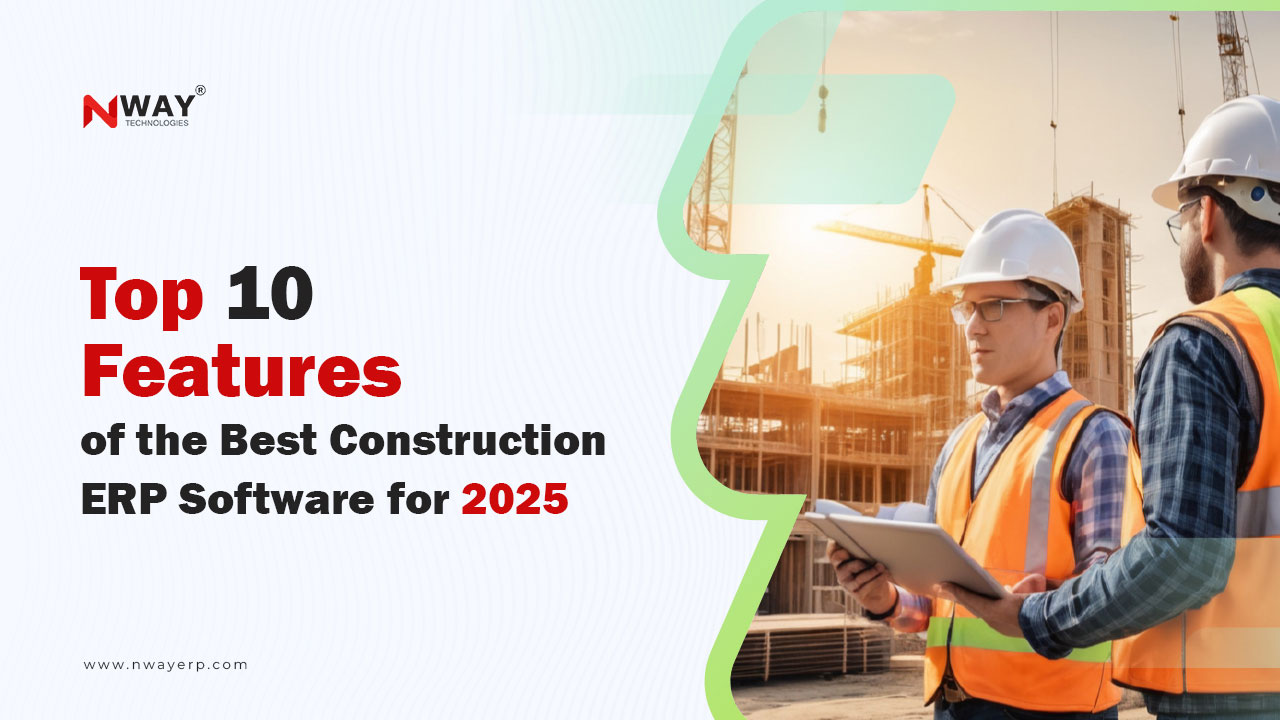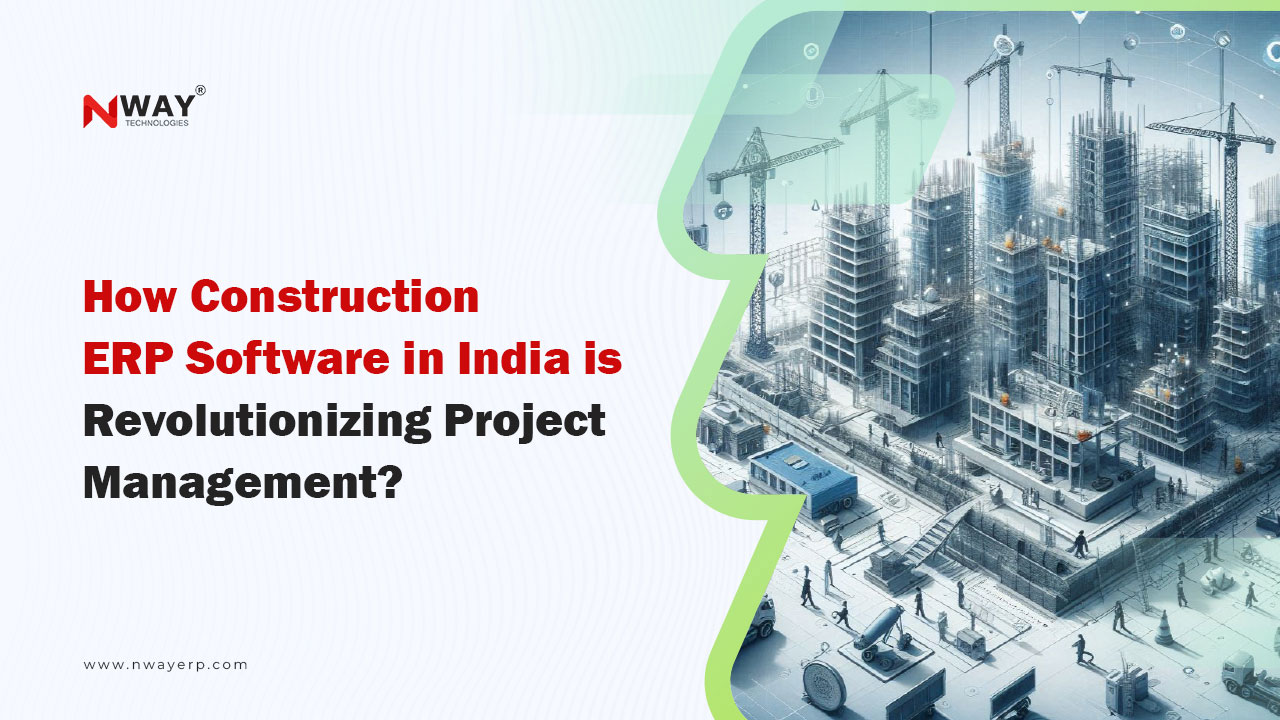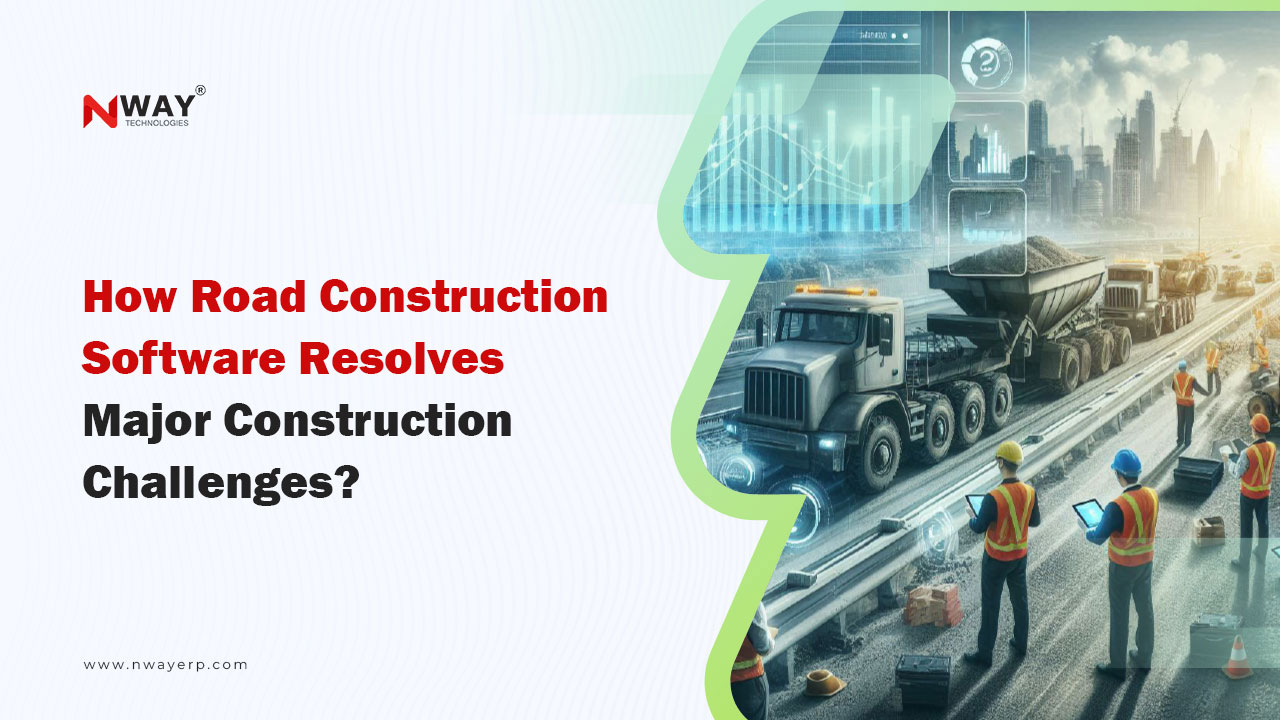Have you ever heard the phrase “time is money”? It is especially true when it comes to the infrastructure industry. As an infrastructure company, you must ensure that you are always running as efficiently and effectively as possible. One way to do this is by implementing an ERP software. This software is designed to streamline an infrastructure company’s operations, unlocking the business’s full potential. It can help you manage your finances, track inventory, manage projects, etc. This guide will explore how infrastructure ERP software can help you unlock your infrastructure company’s full potential and how to implement it.
What is Infrastructure ERP software?
An infrastructure ERP software (enterprise resource planning software) is designed for the infrastructure industry. The software allows organizations to manage their business operations using a single system. It helps with risk, procurement, customer relationship, and financial management. If you were to break it down even further.
Benefits of ERP software
- Improved Financial Management – One of the biggest benefits of infrastructure ERP software is the ability to have full control over your finances. You can easily manage your cash flow, pay bills on time, and identify areas to improve your financial performance.
- Improved Project Management – An infrastructure ERP software can help you easily track your projects. You can keep track of all project costs, see where your project is in terms of scope and timelines, and identify any issues as soon as they arise.
- Improved Customer Relationship Management – An infrastructure ERP software can manage and track customer relationships. You can identify the most valuable customers and use this information to improve your service.
- Improved Productivity – An infrastructure ERP software can help increase your overall productivity. You can track time spent on projects and identify areas to improve your productivity and use of time.
ERP software features
- Strong Financial Management – Strong financial management means your company can monitor its financial performance in real time. It will allow you to identify areas of improvement, make changes where necessary, and manage your finances more effectively.
- Strong Time Management – A robust time management module is crucial for ERP software. It will allow you to track time spent on various tasks, identify areas where you spend too much time, and help improve your overall time management.
- Strong Project Management – An effective project management module is another crucial piece of infrastructure ERP software. It will allow you to track project progress, see where you are meeting your timeline goals, and identify areas where you need to improve project management.
- Strong Productivity Management – A strong productivity management module will allow you to see how long tasks take on average, identify areas where you spend too much time, and help improve your productivity.
The implementation process of NWAY ERP software
By now, you may have seen the many benefits of Infrastructure ERP software. However, the question remains: how do you implement this type of software?
- Define your requirement – Before you go ahead and implement an ERP Software, you first need to define your requirements. What functions be able to provide? What information are you tracking, and how do you do it? By going through this process, you will know what you need from your software and can find a solution that meets your needs.
- Select a vendor – Once you know what you need from ERP software, you can look for potential vendors. You can use software reviews and ratings to find vendors closer to what you seek. You can also search for vendors that partner with your current software.
- Create a Proof of Concept (PoC) – Once you have selected a few potential vendors, you should create a PoC to test their software. It will allow you to see what the software is like and determine if it meets your requirements. It is also a good way to get a feel for the implementation team.
- Implement the ERP software – Once a vendor is selected, you can begin the implementation process. It will include importing data from your current system, training your team to use the software, and preparing for the go-live date.
Preparing for ERP software implementation
With the abovementioned implementation process, you may be wondering what steps you should take to prepare for implementation.
- Analyse your current business processes – Before implementing an Infrastructure ERP software, you should analyse your current business processes. How do you manage projects and customer relationships? How do you track time and finances? Understanding your current business processes will allow you to identify areas where you can improve your work.
- Look at the different vendors – Once you have a list of vendors that meet your requirements, you should take the time to look at each one. What types of software options do they offer? What types of customers and support do they serve? Make sure that they are a good match for your business.
- Create a Project Plan – Once you have selected a vendor and are ready to implement the software, you must create a project plan. It will help you stay on track and implement the software on time. It will also allow you to identify any potential issues that you may run into along the way.
Conclusion
ERP software can be a powerful tool for infrastructure companies as it facilitates efficient data management, collaboration, financial management, and customer relationship management. The right planning and implementation can help infrastructure companies increase efficiency, reduce costs, and improve customer satisfaction. By investing in the right ERP software, companies can take their business to the next level and become successful in their respective market.
